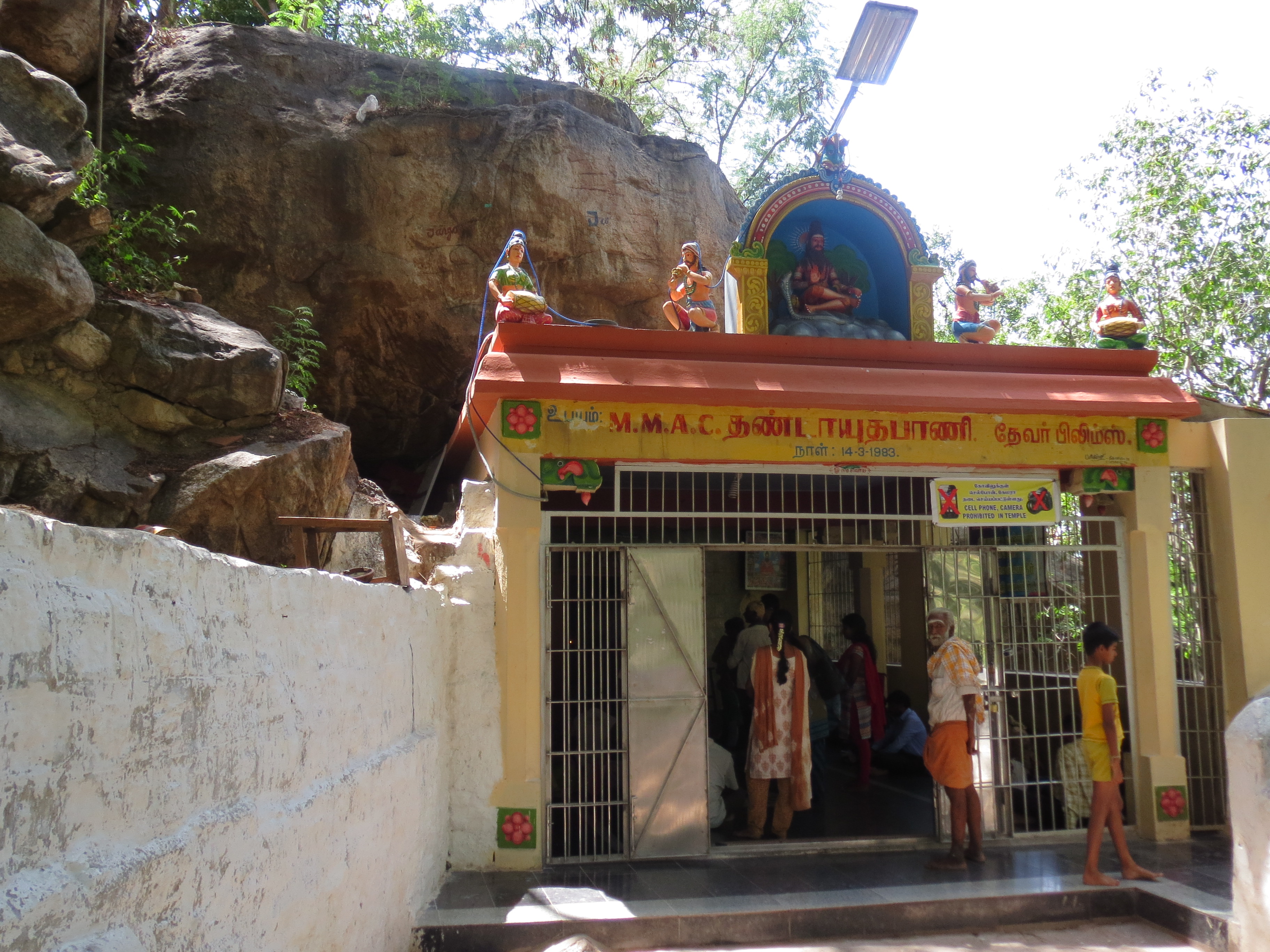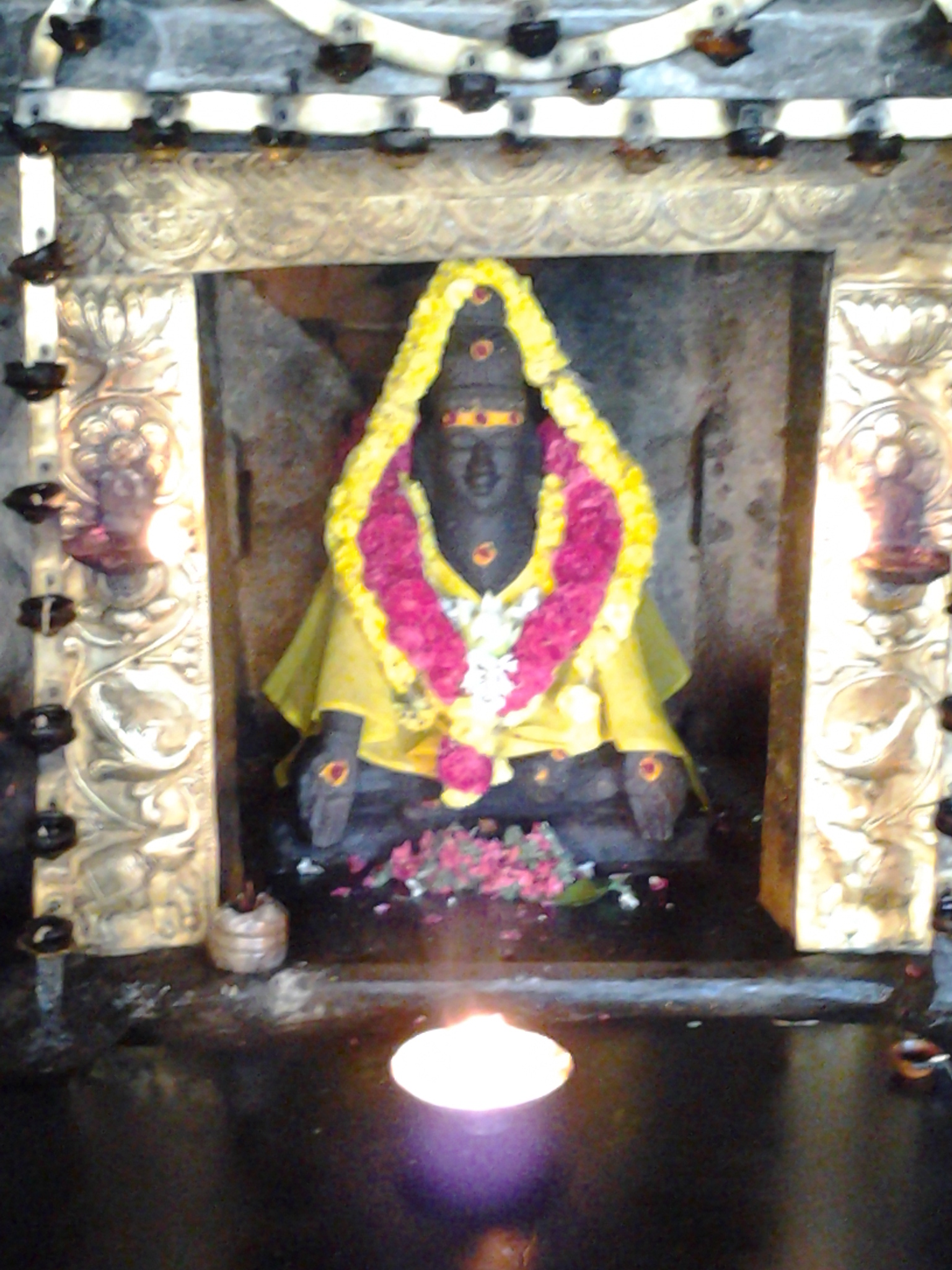Siddhar on:
[Wikipedia]
[Google]
[Amazon]

 The Siddhar ( Tamil (romanized) ''cittar)'' in Tamil tradition is a perfected individual who has attained spiritual powers called ''
The Siddhar ( Tamil (romanized) ''cittar)'' in Tamil tradition is a perfected individual who has attained spiritual powers called ''
 There are 18 Siddhars in the Tamil Siddha tradition:
# Nandi
#
There are 18 Siddhars in the Tamil Siddha tradition:
# Nandi
#

 The Siddhar ( Tamil (romanized) ''cittar)'' in Tamil tradition is a perfected individual who has attained spiritual powers called ''
The Siddhar ( Tamil (romanized) ''cittar)'' in Tamil tradition is a perfected individual who has attained spiritual powers called ''siddhi
In Indian religions, (Sanskrit: '; fulfillment, accomplishment) are material, paranormal, supernatural, or otherwise magical powers, abilities, and attainments that are the products of Yoga, yogic advancement through sādhanās such as medit ...
''.
Historically, Siddhar also refers to the people who were early-age wandering adepts that dominated ancient Tamil teaching and philosophy. They were knowledgeable in science, technology, astronomy, literature, fine arts, music, drama, and dance and provided solutions to common people's illnesses and advice for their future. Some of their ideologies are considered to have originated during the First Sangam period.
Practice
Siddhars were typically scientists, saints, doctors, alchemists, and mystics all in one. They wrote their findings in the form of Tamil poems on palm leaf manuscripts. They typically believe in one god, but there are some Siddhars who believe in polytheism. These are still owned by some families in Tamil Nadu and handed down through the generations, as well as being kept in universities in India, Germany, Great Britain, and the United States. In this way, Siddhars developed the native Siddha medicine system. A rustic form of healing that is similar to Siddha medicine has since been practiced by experienced elders in the villages of Tamil Nadu. This is referred to as ''pātti vaittiyam'' (grandmother's medicine), ''nāttu maruntu'' (folk medicine), and ''mūlikai maruttuvam'' (herbal medicine). Siddhars are also believed to be the founders of varma kalai - a martial art for self-defense and medical treatment at the same time with the application of pressure points. Tamil Siddhars were the first to develop pulse-reading (''naadi paarththal'' in Tamil) to identify the origin of diseases. According to regional belief, the Siddhars are said to have resided for many ages upon a mountain called Sathuragiri, near the Thanipparai village in Tamil Nadu.Siddhars
The Abithana Chintamani encyclopedia states that the Siddhars are of the 18 persons listed below, but Agastya states that there are many who precede and follow these.The 18 Siddhars
 There are 18 Siddhars in the Tamil Siddha tradition:
# Nandi
#
There are 18 Siddhars in the Tamil Siddha tradition:
# Nandi
# Tirumular
Tirumular, also known as Suntaranāthar, was a Tamil people, Tamil Shaivite mystic and writer, considered one of the sixty-three poet-saints called the Nayanars, and is listed among a group of 18 sages called the Siddhars. His magnum opus, the ...
# Agastya
# Kamalamuni (identified with Kalangi Nathar and/or Confucius
Confucius (; pinyin: ; ; ), born Kong Qiu (), was a Chinese philosopher of the Spring and Autumn period who is traditionally considered the paragon of Chinese sages. Much of the shared cultural heritage of the Sinosphere originates in the phil ...
)
# Patanjali
# Korakkar
#
#
#
# Vanmikar ( Valmiki)
#
# Dhanvantari
# Idaikaadar
# Machamuni (identified with Matsyendranatha)
# Karuvurar
# Bogar (identified with Laozi
Laozi (), also romanized as Lao Tzu #Name, among other ways, was a semi-legendary Chinese philosophy, Chinese philosopher and author of the ''Tao Te Ching'' (''Laozi''), one of the foundational texts of Taoism alongside the ''Zhuangzi (book) ...
)
# Pambatti
#
Apart from the 18 Siddhars listed above, there is another list of 18 Siddhars who represent the 9 Navagrahas (with two Siddhars representing each Navagraha). All navagraha doshas and pariharams are performed to the Siddhars as Siddhar Velvi (Siddhar havan). The details of the 18 Siddhars who represent the 9 Navagrahas are as follows:
# Sivavakkiyar - Moon
# Kambili - Moon
# Bhogar - Mars
# Kagabhujanga - Jupiter
# Sri Pullipani Siddhar - Mars
# Sattaimuni - Kethu
# Sri Agapai Siddhar - Jupiter
# Alugani - Rahu
# Kudambai - Kethu
# Vallalar - Mercury
# Edaikaddar - Mercury
# Pattinathar - Sun
# Kaduvelli - Sun
# Kanjamalai - Venus
# Sennimalai - Venus
# Kapilar - Saturn
# Karuvurar - Saturn
# Pampatti - Rahu
Eight Perfections
Siddhars are believed to have had both major and minor powers that are described in detail in various yogic and religious texts.Thirumandiram 668 * ''Aṇimā'': the ability to reduce one's body to the size of an atom. * ''Mahimā'': the ability to expand one's body to an infinitely large size. * ''Laghimā'': the ability to become weightless or lighter than air. * ''Garimā'': the ability to become heavy or dense. * ''Prāpti'': the ability to realize whatever one desires. * ''Prākāmya'': the ability to access any place in the world. * ''Īśiṭva'': the ability to control all material elements or natural forces. * ''Vaśiṭva'': the ability to force influence upon anyone. These eight are the Great Siddhis (Ashtama siddhis), or Great Perfections.See also
* Abithana Chintamani * Avvaiyar (Sangam poet) * Ayyavazhi mythology * Bogar *Mahasiddha
Mahasiddha (Sanskrit: ''mahāsiddha'' "great adept; ) is a term for someone who embodies and cultivates the "siddhi of perfection". A siddha is an individual who, through the practice of sādhanā, attains the realization of siddhis, psychic and ...
* Maruttuvar community
* Nayanars
* Siddha
''Siddha'' (Sanskrit: '; "perfected one") is a term that is used widely in Indian religions and culture. It means "one who is accomplished." It refers to perfected masters who have achieved a high degree of perfection of the intellect as we ...
* Tirumantiram
Notes and references
{{reflist Tamil-language literature Tamil history * Tamil Hindu literature